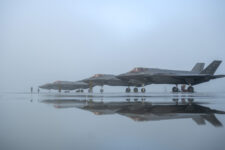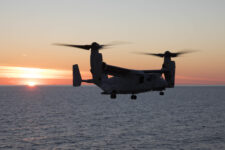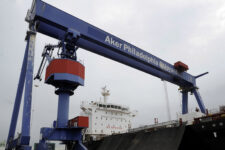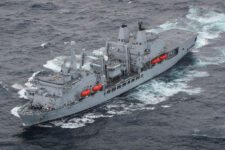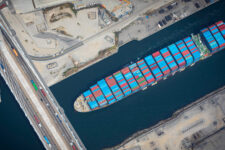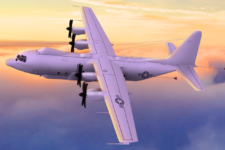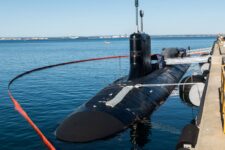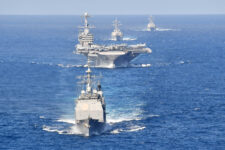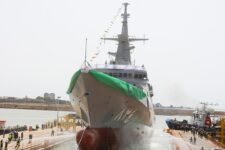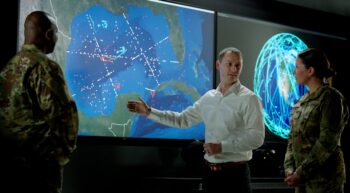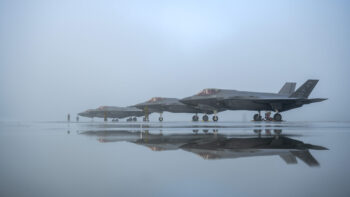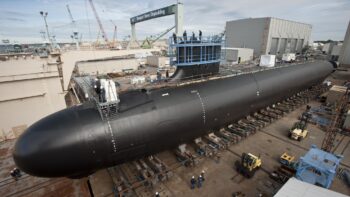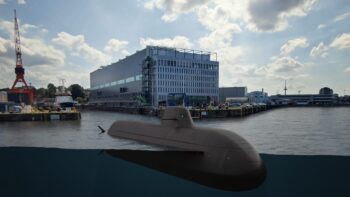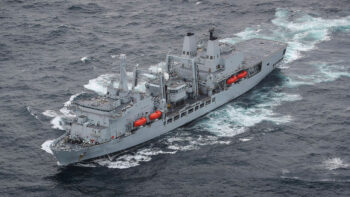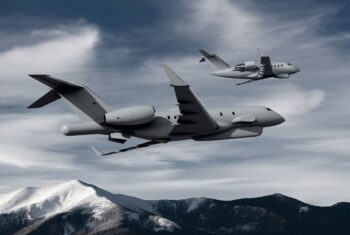 WASHINGTON: “Pure intimidation” is how one of America’s most respected analysts of the Chinese military characterized the act of a Peoples Liberation Army Navy skipper who “painted” a Japanese naval ship with his fire control radar.
WASHINGTON: “Pure intimidation” is how one of America’s most respected analysts of the Chinese military characterized the act of a Peoples Liberation Army Navy skipper who “painted” a Japanese naval ship with his fire control radar.
The action raises the stakes in an already troubled dispute between the two Pacific powers as they maneuver for influence, with the current focus being on the uninhabited Senkaku Islands. What’s particularly worrying is the involvement of warships, when previous confrontations were largely limited to Japanese Coast Guard and Chinese non-military “maritime surveillance” vessels.
“The question is,” Larry Wortzel, a former intelligence officer in China now with the U.S. China Economic and Security Review Commission, “whether this type of action was authorized by the Chinese fleet commander, the military region commander, or the Central Military Commission.”
Another top analyst, Dean Cheng at the Heritage Foundation, noted that the captain was unlikely to have taken the action on his own. “Something like this would have required the ship’s captain and political officer to agree, in all likelihood,” he writes.
Cheng compared the Chinese action (revealed yesterday by Defense Minister Itsunori Onodera) to buzzing another country’s fighter or bomber. It offers “Plausible deniability, no fingerprints (e.g., a bullet hole in a plane), but is also escalatory,” Cheng said in an email.
And the latest action makes the chances of a tragic mistake more likely, Cheng says: “The potential for conflict goes up multiple notches with this, not because the Chinese will shoot the next time, but because the chances of an accident are rising.”
Those who remember the tragedy of the EP-3 in 2001 know how serious and long-lasting the consequences of misjudgement can be.
The thing to watch is whether the Chinese relieve the ship’s captain. If not, Cheng says, “then it was probably an authorized act.” And let’s see what we hear from groups like the Action Committee for Defending the Diaoyu Islands, a Hong Kong-based group. Will the Chinese leadership dial them up?
Pentagon awards Lockheed $11.8 billion undefinitized F-35 production contract
The Pentagon aims to finalize the contract for production lot 18 by the spring, though a similar award for lot 19 is not planned to follow until the fiscal 2025 budget is approved, according to the F-35 Joint Program Office.
